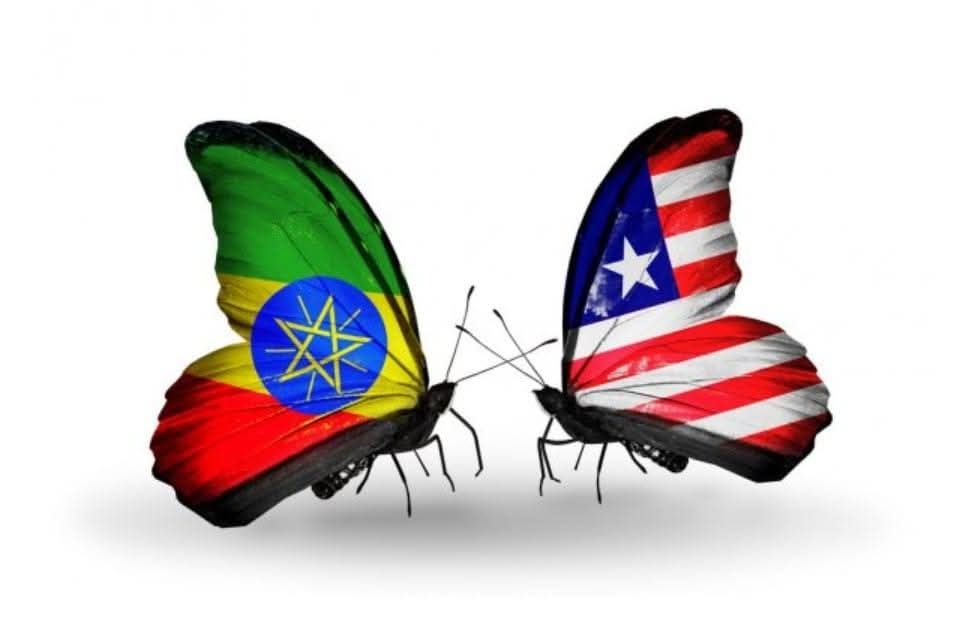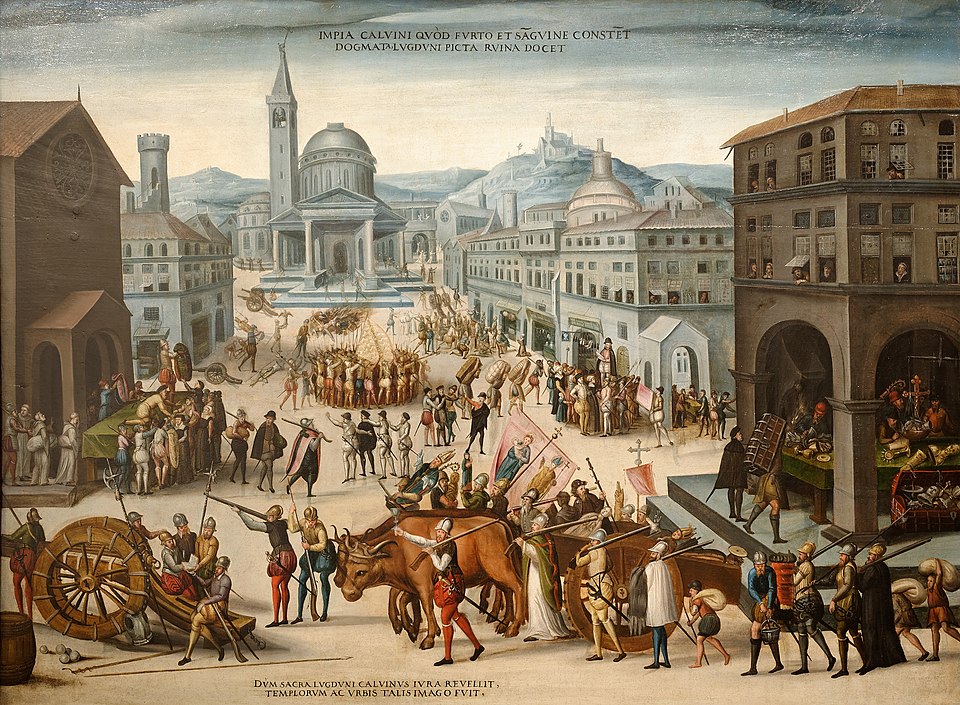EASTER: The True Meaning and Why it is Celebrated

Did you know that the purpose of Easter was considerably different than what Christians observe today, and that the feast day of Easter was a pagan holiday of renewal and rebirth?
Easter, according to the dictionary, "is an annual Christian festival in commemoration of the resurrection of Jesus Christ, observed on the first Sunday after the first full moon after the vernal equinox, as calculated according to tables based in Western churches on the Gregorian calendar and in Orthodox churches on the Julian calendar. Also called Easter Sunday, the day on which this festival is celebrated."
However, according to crosswalk.com, the origin of the word 'Easter' isn’t clear. The Venerable Bede, an eighth-century monk, and scholar proposed that the word may have come from the Anglo-Saxon Eostre or Eastre – a Teutonic goddess of spring and fertility. Recent scholars haven’t been able to find any reference to the goddess Bede mentioned and consider the theory discredited.
Another probability is the Norse eostur, eastur, or ostara, which meant “the season of the growing sun” or “the season of new birth.” The word east comes from the same roots. In this case, easter would be linked to the changing of the season.
A more recent and complex explanation comes from the Christian background of Easter rather than the pagan. The early Latin name for the week of Easter was hebdomada alba or “white week,” while the Sunday after Easter day was called Dominica in albis from the white robes of those who had been newly baptized. The word alba is Latin both for white and dawn. People speaking Old High German made a mistake in their translation and used a plural word for dawn, ostarun, instead of a plural for white. From ostarun we get the German Ostern and the English Easter.
The significance of Easter is Jesus Christ's triumph over death. His resurrection means the eternal life that is granted to all who believe in Him. The purpose of Easter also means the full confirmation of all that Jesus taught and preached during His three-year ministry. If He had not risen from the dead, if He had simply died and not been resurrected, He would have been thought just another teacher or prophet. However, His resurrection rebuked all that and provided final and undeniable proof that He was really the Son of God and that He had overcome death once and for all.
Nevertheless, Easter did not always signify Christ's resurrection from the dead and the purpose of Easter was considerably different than what Christians observe today. The feast day of Easter was first a pagan holiday of renewal and rebirth. Honored in the early spring, it praised the pagan Saxon goddess Eastre.
When early Christian missionaries saved the Saxons to Christianity, the spring holiday, because it occurred near the same season as the traditional memorial of Christ's resurrection from the dead, was joined with the pagan festival, and became known as Easter. The meaning of Easter was also changed to honor its new Christian significance.
Now for Christians worldwide, the importance of Easter is praising and acknowledging Jesus Christ's resurrection from the dead, and His glorious assurances of eternal life for all who believe in Him.
SOURCES: Crosswalk.com | Dictionary.com
#penglobalsocial #easter



